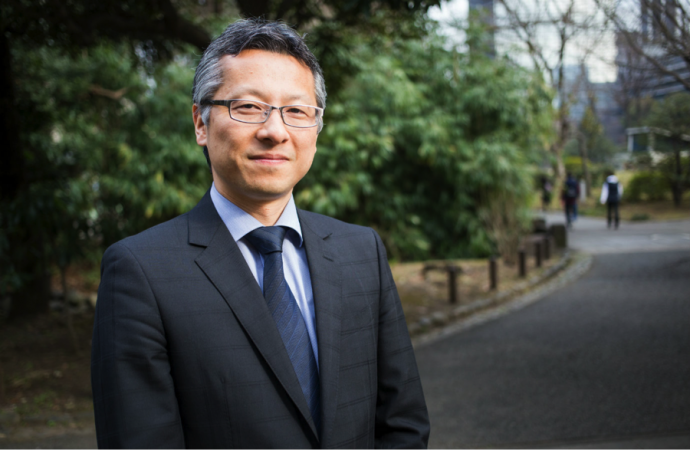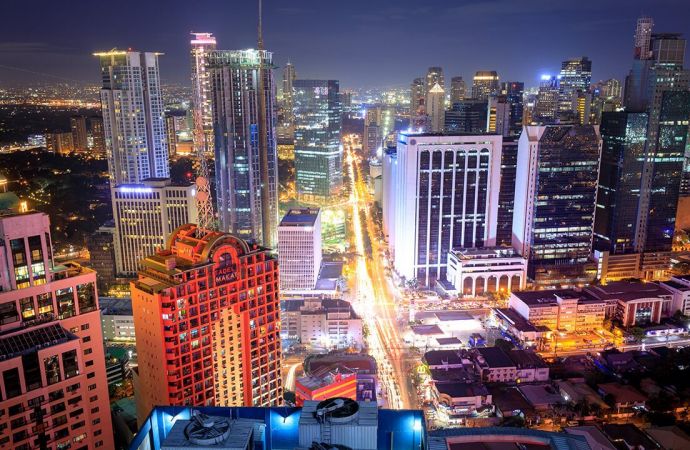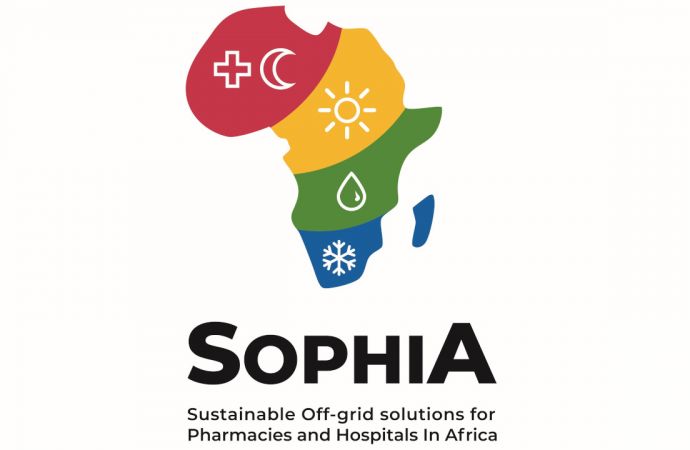Japan's Ministry of Environment announces the reinstatement of natural refrigerant subsidies for food retail and food manufacturing sectors in the 2018 financial year.

Yasuhiro Baba, director, Office of Fluorocarbons Control Policy, Ministry of the Environment, Government of Japan
In a boost to the growth of natural refrigerants in Japan, the Japanese Ministry of the Environment has announced the return of subsidies for natural refrigerant-based HVAC&R systems in the food retail and food manufacturing sectors from the beginning of the 2018 financial year.
Natural refrigerant subsidies are currently only available for cold stores until the end of the 2017 financial year (FY). Beginning FY2018, the food retail and food manufacturing sectors will also be included.
The new subsidy is a five-year project, beginning in 2018 and ending in 2022.
According to the Japanese Ministry of the Environment’s website: “In addition to cold stores, we will now support the introduction of energy-efficient natural refrigerant equipment at food manufacturing factories and food retail stores.”
The budget request, tabled last week, will be submitted to the Ministry of Finance for review. The Japanese government is expected to approve it in December 2017.
The proposed amount of the subsidy is ¥9.4 billion (€72 million) for FY 2018, which would be the largest amount available in the history of the scheme.
The unprecedented amount being put forward signals renewed confidence and willingness by the Japanese government to support the transition towards natural refrigerants.
“Because of Kigali, we decided to expand the sectors and budgeted amount for the market to accelerate the uptake of natural refrigerant technology,” said Yasuhiro Baba, director of the office of fluorocarbons control policy in the Japanese Ministry of the Environment.
“I hope that the market will use this opportunity to proceed with natural refrigerants.”
This announcement comes less than two months after the High Pressure Gas Safety Institute of Japan announced the deregulation of CO2 use.
“This massive subsidy for natural refrigerants from Japan’s Ministry of the Environment for the next five years, together with the recent deregulation of CO2 in large applications, is a heavy one-two punch for natural refrigerants against harmful f-gases in industrial and commercial refrigeration,” said Jan Dusek, managing director of shecco Japan.
“Japan is again taking the lead by introducing the world’s largest incentive for users of natural refrigerants. This is a clear opportunity for both domestic and international suppliers of CO2, NH3 and hydrocarbon solutions as well as another hot topic to discuss at ATMOsphere Japan on 12 February 2018.”
With newly available funding from the government and less restrictions on the use of CO2, the door is wide open for uptake of key natural refrigerant technologies, such as large-scale condensing units and CO2 booster systems for food manufacturers and supermarkets in Japan in 2018.
Because of Kigali, we decided to expand the sectors and budgeted amount for the market to accelerate the uptake of natural refrigerant technology.”
– Yasuhiro Baba, Ministry of the Environment, Japan
About Japan’s natural refrigerant subsidy scheme
Since 2014, the subsidies have been a major driver of growth in the number of CO2 stores in Japan as well as NH3/CO2 cold store facilities.
The stated goal of the subsidy is to encourage the “shift to natural refrigerants […] and to widely promote the use of energy-efficient equipment”.
Japan’s Ministry of the Environment says that the subsidy aims to “contribute to driving down the cost of natural refrigerant equipment to achieve cost parity with conventional f-gas equipment, and to accelerate the spread of the technology”.
Related stories




